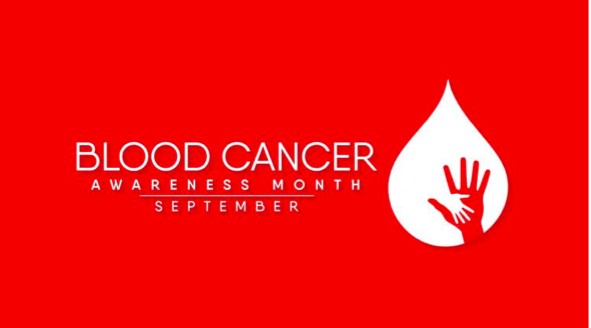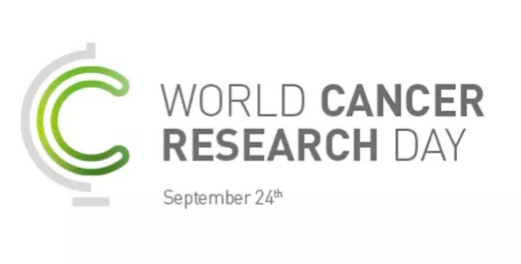Blood cancers are a group of malignancies that affect the blood, bone marrow, and lymphatic system and they can be particularly challenging to diagnose and treat. These cancers disrupt the normal production and function of blood cells, leading to a variety of health issues. There are over 100 types of blood cancer, with the three main types being leukaemia, lymphoma, and multiple myeloma. Blood cancers account for approximately 6% of all cancer cases globally. The symptoms of blood cancer can vary depending on the specific type, however, recurring infections, unexpected weight loss, fever, night sweats, fatigue, swollen lymph nodes, easy bruising or bleeding, and bone pain are some common symptoms that may indicate the presence of a blood cancer. Blood cancers are typically diagnosed through a combination of blood tests, bone marrow biopsy, imaging tests and lymph node biopsy. While it may not be possible to prevent blood cancers entirely, adopting a healthy lifestyle, avoiding known risk factors, and staying informed about your health can help reduce the risk. Prompt attention to any unusual symptoms can aid in early detection and diagnosis, whilst can significantly improve the effectiveness of treatment and the overall prognosis.

(pic taken from: https://news.cancerconnect.com/non-hodgkins-lymphoma/it-s-blood- cancer-awareness-month-spotlight-on-lymphoma )
World Cancer Research Day – September 24th
The World Cancer Research Day was established in 2016 by a coalition of international cancer organizations and serves as a pivotal moment in the global effort to enhance awareness of the importance of cancer research. This day highlights the critical need for continued investment and innovation in cancer research, which is essential for improving prevention, diagnosis, treatment, and ultimately, the survival rates of those affected by cancer.
Cancer remains one of the leading causes of death worldwide, with millions of new cases diagnosed each year. The complexity of cancer, involving over 100 different types that can affect almost every part of the body, underscores the necessity for extensive research. The World Cancer Research Day serves as a reminder that despite the significant advancements made in the fight against cancer, much work remains to be done. By raising awareness and supporting research efforts, we can all contribute to a future where cancer is no longer a major threat to human health.

(pic taken from: https://www.worldwidecancerresearch.org/ )